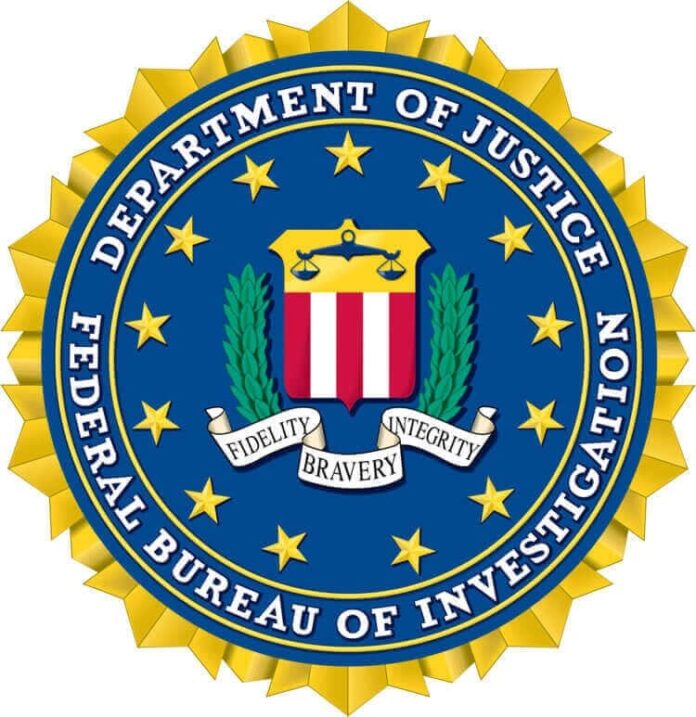A new fight between the FBI and Silicon Valley has started. The two are debating on whether you can class the web browsing history and records as the same as telephone records.
This new and latest battle is all hinged on whether the US surveillance law can be rewritten which would mean the US Justice Department would be able to access a person’s web browsing history and records, email history and records and even local data all without the need for any approval from any judge using the national security letters.
The FBI says that at the moment the data is covered because of the current laws which were written years back and can only cover the telephone records. The FBI Director, James Comey is, therefore, lobbying the Congress to make the statute clear and show that the law also covers the digital part of communication.
On the other side of the battle, major companies in the technology industry, Google Facebook, and Yahoo, all sent a warning letter to Congress on Monday which highlighted that the companies would be in opposition to any efforts that would be made to rewrite the law in the FBIs favor. In the letter, the tech giants wrote that the expansion of the NSL statute was not as some of the government officials had labelled it as (fixing a typo in the law), but rather was more about the expansion of the FBIs power to get sensitive information on users all without consent or oversight from the court.
This new development already marks a new battle between the government and the technology industry. Any changes or no changes in the statute will dramatically change the landscape and how the US conducts terrorism investigations. The FBI has been using some controversial national security letters over the years which do not require warrants and also come with some orders which prohibit the recipients of the letters to not talk about them. Technology companies say that the FBI has been overusing them and were too reliant on them, while the FBI says that the efficiency of the letters has slowed down because some companies have stopped cooperating altogether.
The companies also say that the NSLs are a problem because there is no judge oversight. The issue about the letters coming with gag orders is also something that the technology companies say is not good because it might create distrust between them and their customers. The NSLs give too much power to one branch of the government, companies argue.
Comey says that the expansion of the NSL rules is one of the agencies top priorities. US senators will converge to find ways to find a solution to the law this year.









